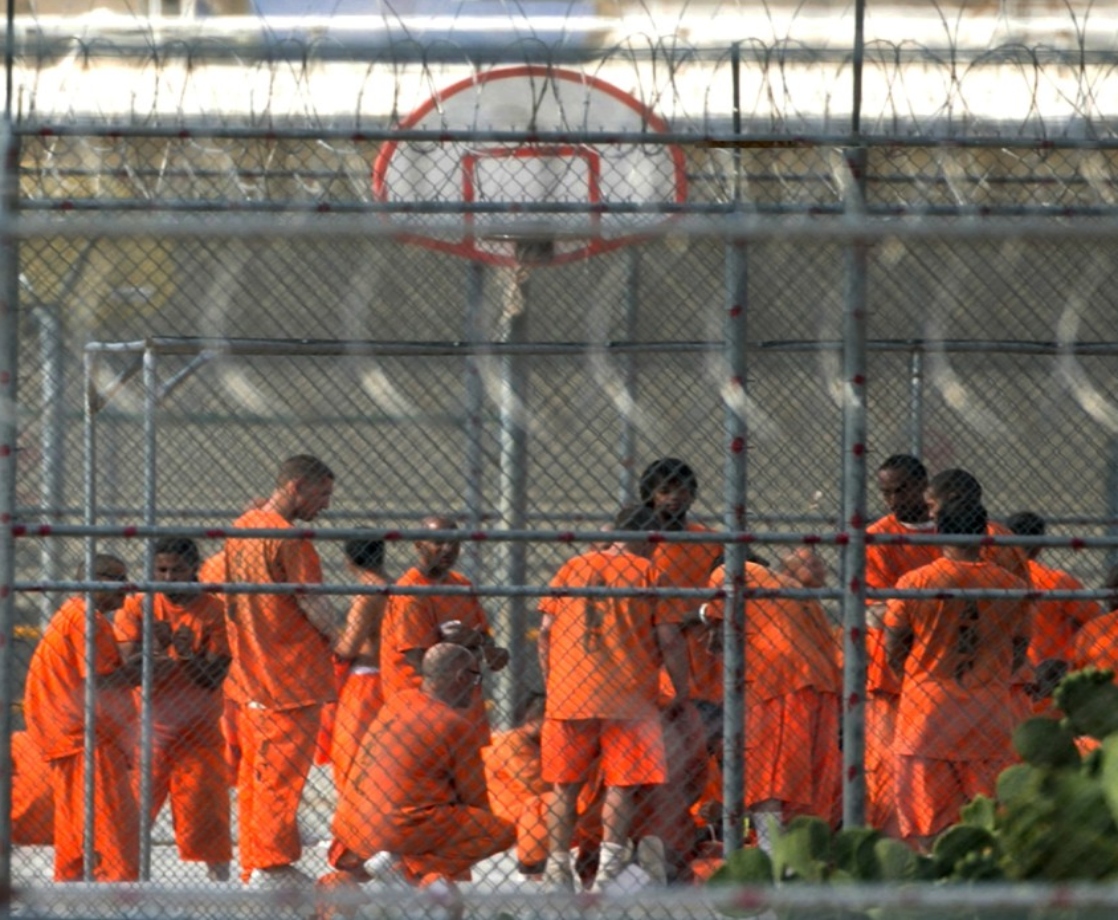Nearly 500 Oklahoma prison inmates serving time for minor drug and property crimes were set free from prison on Monday in the largest single-day mass commutation in US history.
This process was set in motion back in 2016, when Oklahoma voters approved a ballot question that changed minor drug possession and property crimes from felonies to misdemeanors. This year, Governor Kevin Stitt signed a bill that made this reclassification retroactive, making hundreds of people currently serving time for minor crimes eligible to have their sentences commuted.
Last Friday, the Oklahoma Pardon and Parole Board unanimously recommended that 527 state inmates should have their sentences commuted under this new law. On Monday, 462 of these inmates were set free from prison, while the remaining 65 are being held on detainers. On average, these inmates had been incarcerated for three years, and were being released 1.37 years early. Had they served their full sentences, the state would have had to pay an additional $11.9 million to keep them behind bars.
Gallery — These Photos Are Why All Pot Prisoners Need to be Set Free
Parole board director Steve Bickley said that this release represents the largest prison release held on a single day, eclipsing President Barack Obama’s commutation of 330 federal prisoners in 2017. “With this vote, we are fulfilling the will of Oklahomans,” Bickley said in a statement. “However, from day one, the goal of this project has been more than just the release of low-level, nonviolent offenders, but the successful re-entry of these individuals back into society.”
Not only is the state freeing these men and women from jail, it is ensuring that each freed inmate receives an official state identification card or drivers license, which will help them to find housing and jobs.
“I applaud the Pardon and Parole Board’s dedication to fulfill the will of the people… giving hundreds of non-violent, low-level offenders an opportunity at a second chance,” said Governor Stitt in a statement. “I also thank the Department of Corrections and the many non-profits who are stepping up and working hard to connect our inmates with the resources they need for a successful transition.”
On Monday, Governor Stitt stood at the gate of Dr. Eddie Warrior Correctional Center and shook hands with 70 women who were freed as part of the commutation. “We really want you to have a successful future,” Stitt said at the event, according to NBC News. “This is the first day of the rest of your life… Let’s make it so you do not come back here again.”
“It feels amazing to be on the other side of the fence,” said Tess Harlo, one of the women released on Monday, to the Associated Press. Harlo, a 28-year-old who was previously serving a 15-year sentence for methamphetamine possession, said that she “met many women in here who came from a medium- or maximum-security prison who have already served 18 or more years” for minor drug crimes. “It’s ridiculous.”











